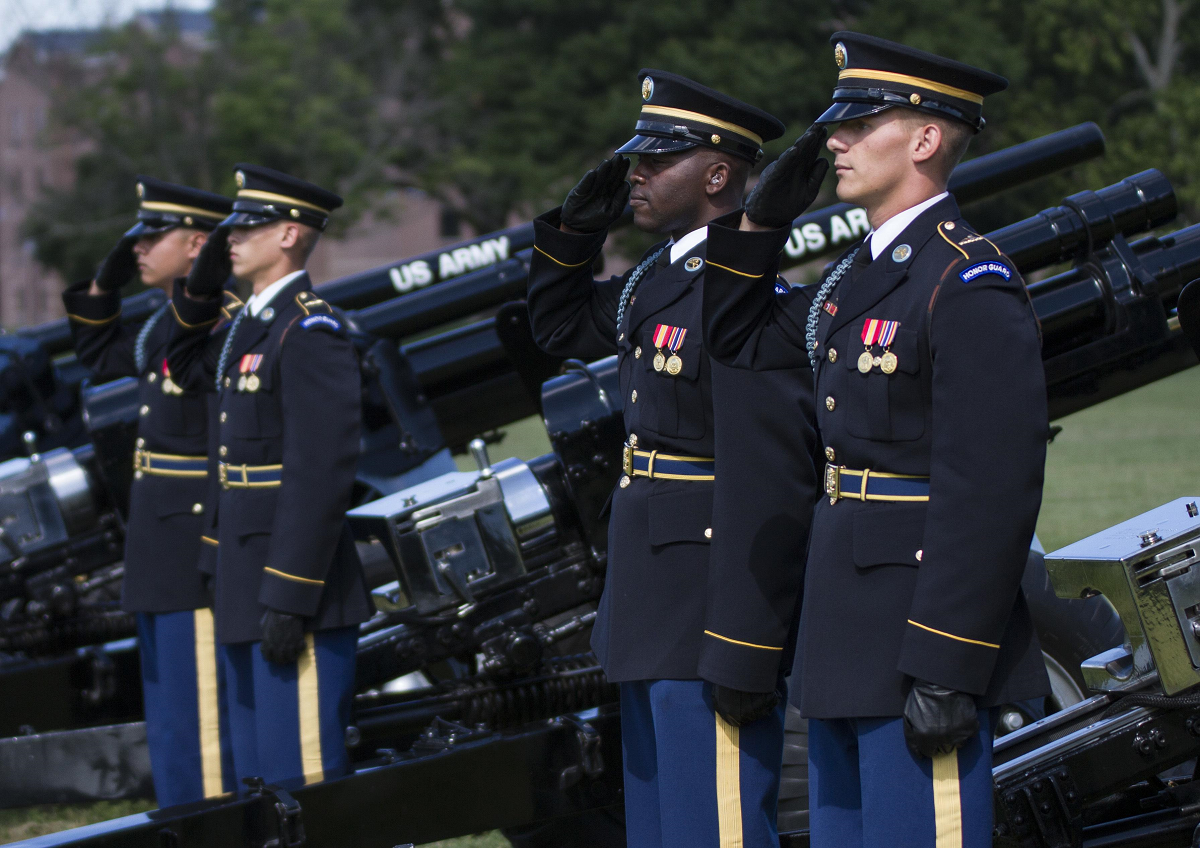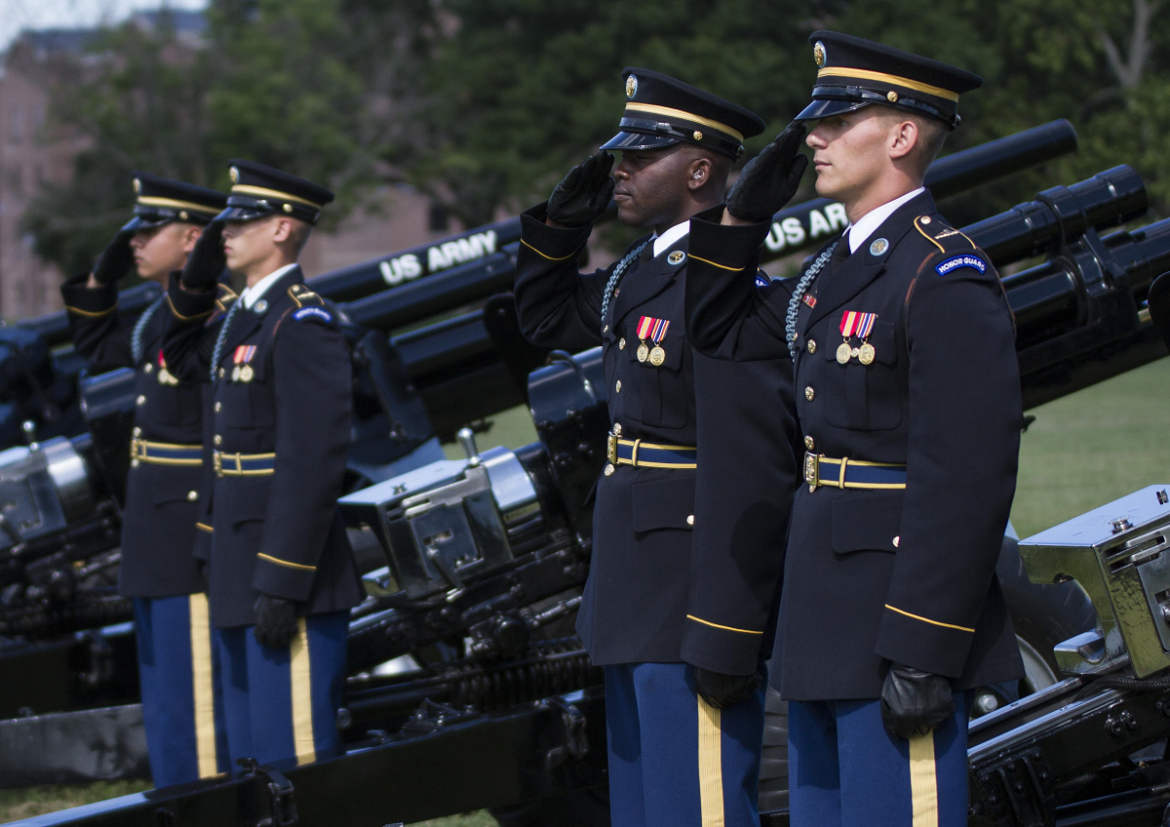
The Exponential Impact of A Child
Do not worry that children never listen to you, worry that they are always watching you. Robert Fulgham, Author Research recently published in the Proceedings of the National Academy of […]

Conviction is Artwork
DANO JUKANOVICH
One definition of conviction relates to commitment or dedication or a deep belief in something, but this isn’t the root of the word. Conviction comes from the mid-15th Century Latin, meaning “the proving or convincing of guilt.”
Guilt is a word that’s shunned in our modern lexicon. We aspire to avoid it at all costs, blaming McDonalds for the hot coffee we spilled in our laps, blaming teachers for our bad grades, blaming multi-nationals and politicians for lost jobs. “Don’t judge me” is a generally accepted and reasonable request. Don’t even judge me by my actions because I am limited in my capacity by my environment or upbringing or other peoples’ choices and their impacts on me.

It’s easier to embrace the concept of guilt when considered vis-à-vis its opposite – innocence. Innocence is the standard against which guilt is judged. As much as we are roiled by being judged, most of us would hesitate to claim complete innocence. Innocence is being devoid of guilt. Guilt is seldom seen as being completely without innocence. Innocence conjures images of purity, lacking any blemishes, of a newborn baby unsullied by the world, freshly fallen snow. If innocence is a perfectly white shirt, then guilt is just a little bit of dirt on that white shirt. Innocence is not a completely muddied shirt with one small spot that’s still white. Innocence is the ideal.
Conviction is the art of character building – painting by numbers only takes us so far. It is not conviction in the disciplined, committed, deeply held belief sort of way. It is the realization that we are somehow lacking, something less than perfectly innocent.
To follow the leader in its most basic sense is to take footsteps where the leader has taken footsteps, to aim to end up in the same place where the leader has gone. Battle scenes from Braveheart to Star Wars to the Civil War show defenders decimated, demoralized and about to be overrun. In the face of certain defeat, just as soldiers are starting to turn and run, a hero rallies the troops to win against impossible odds. The hero follows a proven method. First, he steps out in front, putting himself in harm’s way, between the soldiers and the enemy as if impervious to lasers, bullets and swords. He gives some rousing speech that consists of a challenge to dig deep; a reminder of their purpose in something greater than themselves – their land, their families, their compatriots, their freedom; a hope, even if just a glimmer, that they can overcome, push back the enemy and win. But then comes the hard part – the act itself. That hero turns around and faces the enemy, still in front of his troops. He starts walking or running or riding with weapon outstretched and yells back to his troops, “follow me.”
It is in those moments that character is built. It is in those moments that the soldiers, in this example, are convicted of their potential to be something more than they were before. In their leader they see a picture of something attractive, and something they have potential to attain. Conviction without potential for redemption is just debilitating guilt and shame, but with this hope, it is the foundation upon which to build character.
First comes conviction, stemming from a realization that we are not innocent, coupled with a hope that we can be something more than we are. Although not a foregone conclusion, conviction is still the easy part – it requires no action. After the conviction of guilt comes the sentencing of the guilty. Punishment is not the purpose in and of itself. We sentence the guilty for the sake of some form of redemption for the criminal or for the victims or for society. In our analogy of the hero rallying his troops, the soldiers are convicted they could be more than what they’ve been, of their lack. They see a picture of what could be – mostly through the lens of their leader, then they have to choose.
Usually no one is sentencing us to a consequence or punishment for our character flaws. But once we’re convicted of our shortfalls, we can choose to live with them, or we can choose of our own volition to pay a price, to go beyond conviction and take some action. The soldiers are not redeemed in their conviction, they are redeemed with their first step forward, following their leader into the barrage of enemy fire.
In the same way as generals, there is nothing else to being a parent. My son wants to be just like me but he’s not so sure he can do it. It’s hard for him to imagine being as big or as strong as daddy. He gets frustrated with himself when he struggles to do one of his jobs. I can see the conviction in him – sometimes too much conviction. He wants to literally follow in my footsteps in every way. My character-building parenting task is to make my footsteps those in which I would want him to also step. It is to challenge him to maintain a conviction to build his character while, maybe most importantly, giving him hope that he actually can become who he wants to be.
Compared to conviction, redemption is simple – not necessarily easy, but simple. It means to buy back or to pay off a debt. This can happen one of three ways. Either the person owing the debt can repay it, someone else can repay it, or it can be forgiven. It can take a long time to pay off a debt, but it’s typically a defined amount. Once it’s paid off, the debt no longer exists. Repaying a debt has nothing to do with the deservedness of the borrower. It is simply a transaction where a debt was owed but it has since been paid in full. In the case where someone else pays the debt or the debt is forgiven, the borrower doesn’t have to do anything.
The debt I owe to my wife and children for the grace they have loaned me over the years isn’t something I’m able to repay. It’s infinitely valuable. But fortunately they aren’t demanding repayment – they have forgiven it and me. Redemption is a transaction. Once convicted, I can carry the debt indefinitely or I can pay it or accept someone else’s payment (or forgiveness of it) on my behalf. In each of those options, I am choosing to act. With that act, I add another building block to what will be my character. In the case where I choose to carry the debt indefinitely, I add a building block of fear or guilt or selfishness. In the case where I pay it myself or accept another’s payment on my behalf, I add a building block of responsibility, courage, humility or grace.
Generals have a simple, but a not-so-easy job – to build soldiers who value others above themselves – so much so that they willingly lay down their lives for those they don’t even know. This is the art of building character.

Do not worry that children never listen to you, worry that they are always watching you. Robert Fulgham, Author Research recently published in the Proceedings of the National Academy of […]
Copyright Invoke Media | Copyright 2020
Post comments (0)